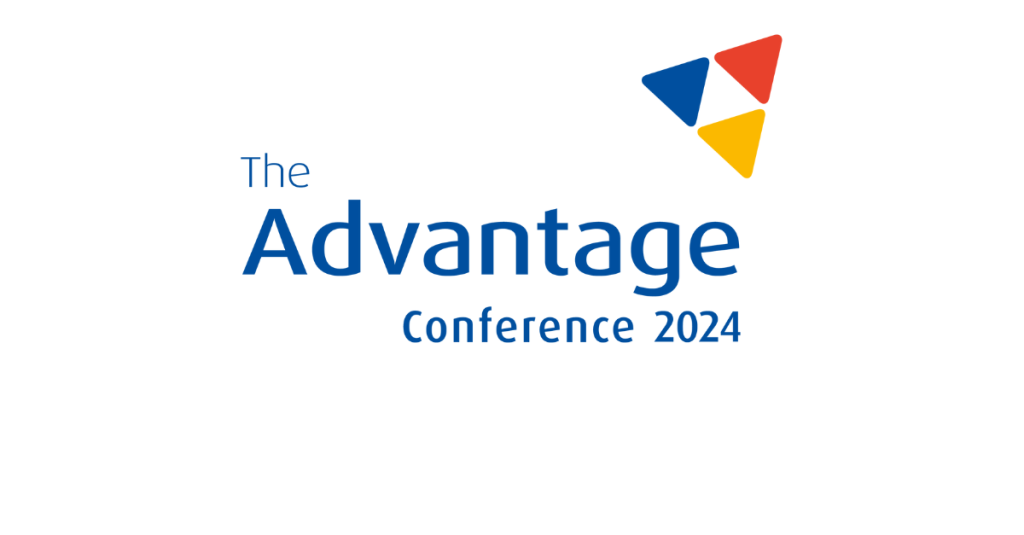The Advantage Travel Partnership has introduced a groundbreaking payment method aimed at minimising transaction costs for travel agents. By leveraging open banking technology, agents now have a cost-effective alternative to traditional card payments. This advancement offers a streamlined approach to managing client transactions remotely.
Open Banking: A Game Changer
Open banking technology, although new to the travel sector, offers a promising solution to high card processing fees. This innovative approach allows clients to make direct bank-to-bank transfers. The travel industry is now embracing these strides, seeing a significant reduction in transaction fees.
Such a shift is expected to reshape the industry, providing a secure and efficient payment method that benefits both travel agents and their clientele. By incorporating open banking, agents can optimise their payment processes and stay competitive.
Partnership with Boodil
A strategic partnership with the payment specialist Boodil was announced, marking a significant step forward for the consortium. New self-branded payment portals are being embedded directly into agents’ websites, encouraging client use of this modern payment method.
This integration is seen as a transformative move, allowing agents to handle payments with ease using remote methods, from email and SMS links to QR codes. The partnership highlights a focused effort to reduce operational costs associated with card payments.
Implementing New Payment Portals
The implementation of these portals reflects a wider trend towards automation and efficiency in financial transactions. Agents now have the capability to set up scheduled payments, allowing for strategic financial planning and reducing administrative burdens.
Open banking technology facilitates not only immediate payments but also offers flexibility through scheduled instalments. The resulting ease of transaction supports travel agents in managing their revenue streams effectively.
Furthermore, this system allows agents to maintain seamless transactions without manual intervention, a step forward in reducing human error and improving service reliability.
The Industry’s Response
Industry leaders have warmly received this development, noting its potential to improve customer satisfaction and business efficiency. Advantage’s chief operating officer, Paul Nunn, emphasised the value addition through diversified payment options. “Offering various payment methods enhances consumer experience,” he stated.
The travel industry is gradually recognising the merits of open banking as a means of mitigating merchant processing costs and enhancing client service offerings.
Boodil’s Strategic Vision
Boodil, at the forefront of payment innovations, is dedicated to providing a seamless integration that is both cost-effective and secure. Co-founder Dally Singh expressed delight at the collaboration, viewing it as an opportunity to bolster member businesses through technologically advanced solutions.
The company’s core product aims to simplify payment collection, reinforcing its commitment to affordability and integration adaptability. By aligning with Boodil, agents can anticipate enhanced efficiency and cost savings.
Case Studies: Early Adoption Success
Jake Cullum-Hollins from The Good Travel Agent reported substantial benefits from early adoption of the Boodil portal. “Revolutionising payment collection methods has resulted in 60% of transactions now processed through Boodil,” he stated, highlighting cost savings.
This shift not only simplified processes but also improved financial management within the agency, demonstrating the tangible benefits of adopting open banking solutions.
Looking Ahead
The transition towards open banking in the travel sector is not just a passing trend but a strategic move towards sustainable financial practices. As more agents adopt this technology, the industry is expected to see widespread improvements in transaction efficiency and cost management.
Open banking technology truly stands out as a revolutionary tool for travel agents, offering notable reductions in operational costs. As this method gains traction, it not only reshapes payment landscapes but also enhances service efficiency.

